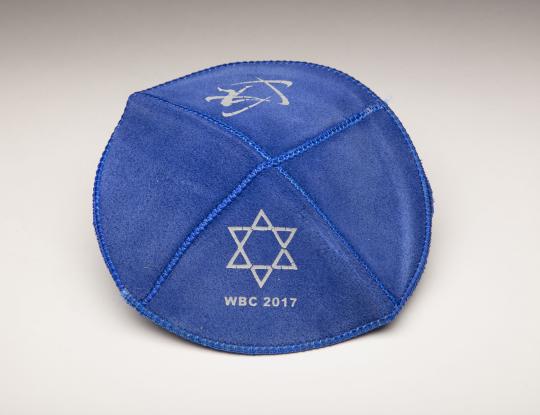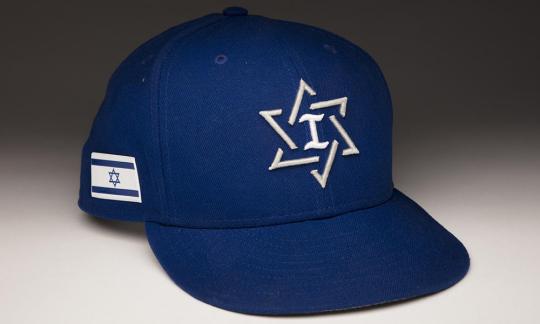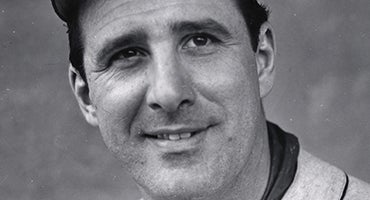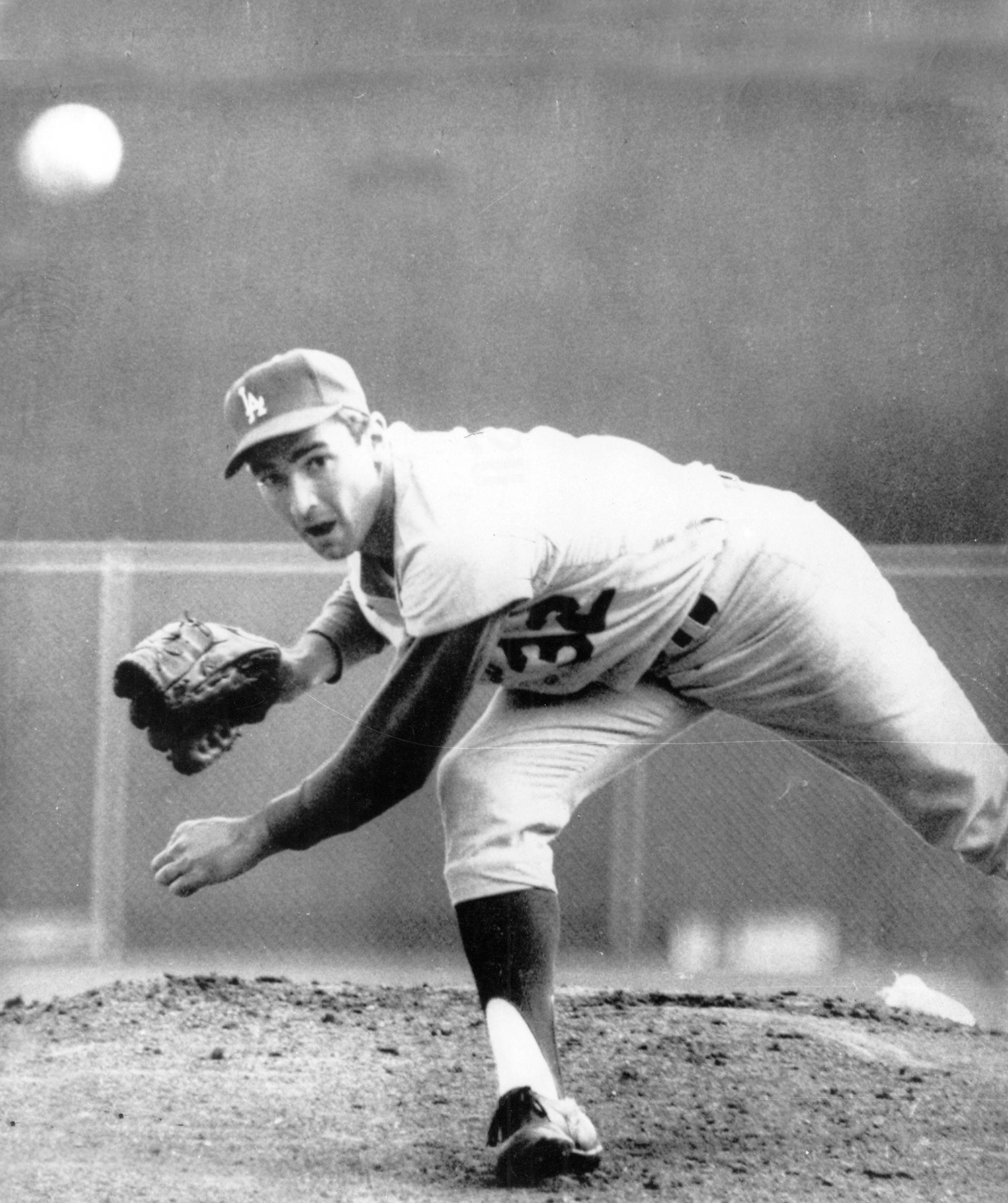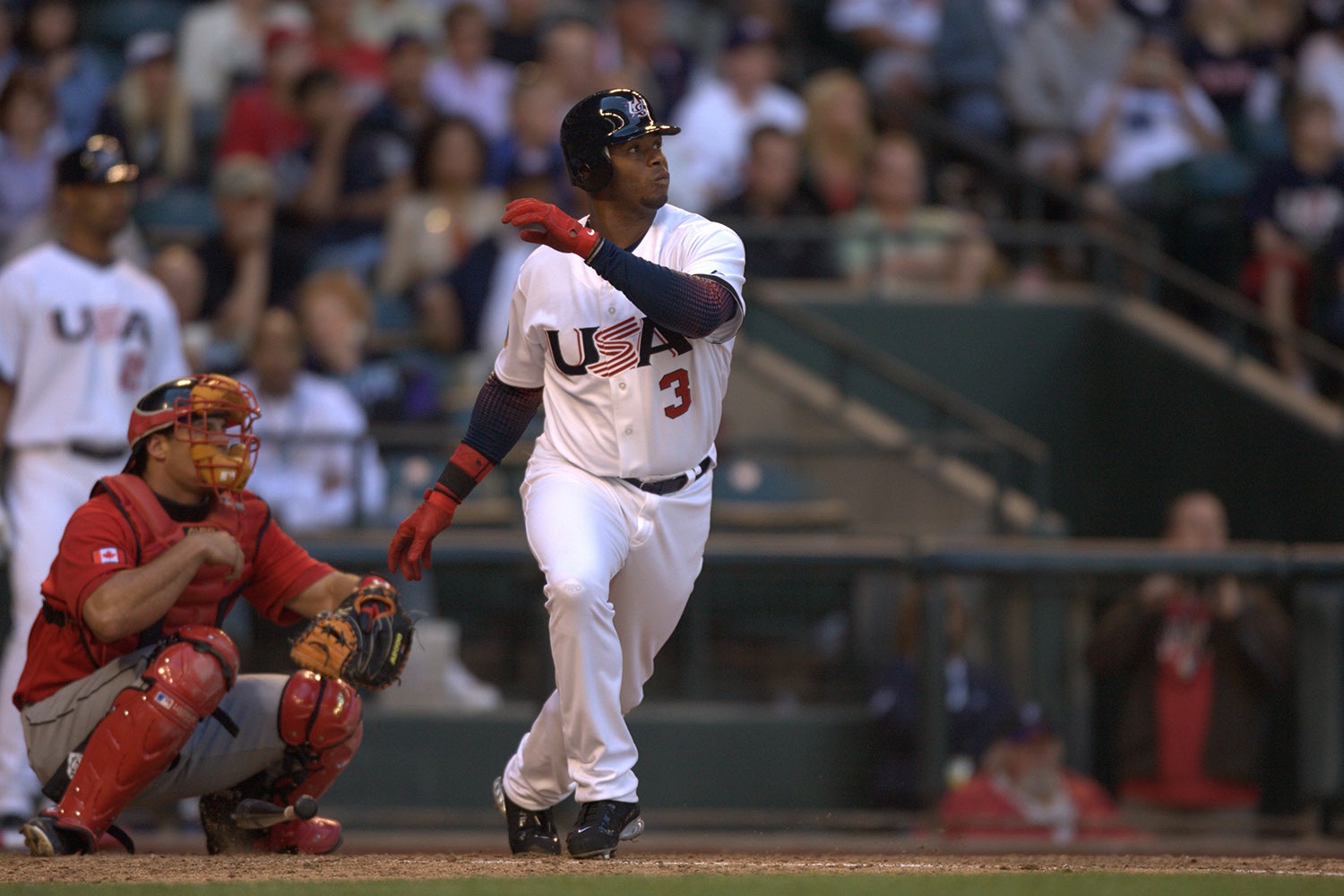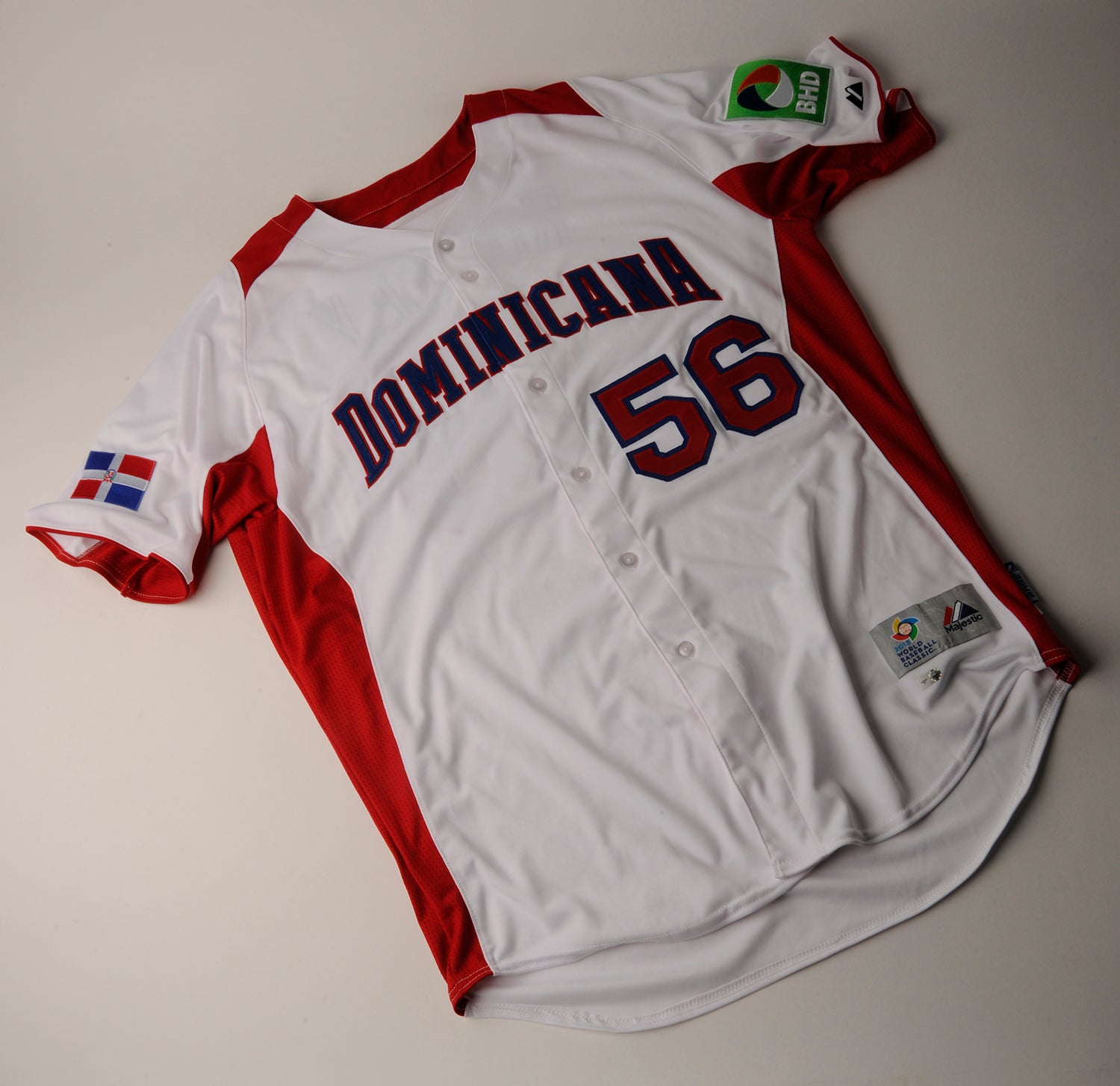- Home
- Our Stories
- #Shortstops: Team Israel’s history preserved in Cooperstown
#Shortstops: Team Israel’s history preserved in Cooperstown
Since 2006, Major League Baseball has presented the World Baseball Classic (WBC), the baseball equivalent to the World Cup. This tournament attracts players from diverse backgrounds and gives them a unique opportunity to represent their countries on the international stage.
A nation that is dominated by soccer and basketball seemingly came out of nowhere during the WBC in March of 2017 with an unprecedented run of success. Entering its first ever WBC appearance, ESPN considered Israel the biggest underdog of the tournament, referring to them as the “Jamaican Bobsled Team of the WBC.”
Yet the team overcame the odds and advanced through the opening round with an undefeated record. The blue-and-white defeated three top 10 nations: South Korea, Chinese Taipei, and the Netherlands. Israel became the first baseball team to go undefeated in the first round of the WBC’s main draw after entering the main draw by winning in a qualifying round.
Hall of Fame Membership
There is no simpler, and more essential, way to demonstrate your support than to sign on as a Museum Member.
In the first game of the second round, Team Israel continued its success by upsetting Team Cuba by a score of 4−1. Israel went on to lose the next two games, a rematch with the Netherlands and world No. 1 Japan, to place third in Pool A and sixth overall.
Prior to the 2017 World Baseball Classic, Israel was the 41st-ranked baseball team in the world and 16th in Europe. However, they advanced 22 spots due to their performance, ranking 19th in the world and fourth in Europe after. The performance qualified the team for the 2021 WBC.
But there is more to this story than meets the eye. Team Israel took advantage of an unusual WBC rule: To play for a team, a player only has to be eligible to hold a passport for that country; players are not required to be a citizen. According to Israel’s Law of Return, anyone who is Jewish can be granted Israeli citizenship, which allows any Jewish ballplayer to play for Team Israel, no matter where they come from.
Team Israel’s roster included 20 MLB-affiliated minor leaguers, making up 86 percent of the team, more than any other team in the qualifiers. Meanwhile, the best Jewish players, a small group that includes recognizable major leaguers such as Ryan Braun, Kevin Pillar, Joc Pederson, Ian Kinsler, Scott Feldman and Alex Bregman, had opted either to play for the United States in the tournament, or not at all.
No member of Team Israel was currently on a 40-man major league roster at the time of the tournament and the opportunity allowed the players to represent a country and a religion that many of them had only recently come to know.
President of the Israel Association of Baseball, Peter Kurz, and the team’s 73-year-old manager, Jerry Weinstein, meticulously strung together Israel’s 28-man roster.
As is customary, the national anthem of each country is played before every game in the tournament. At the opening tune of “Hatikvah,” all the players pulled out a blue yarmulke with the Israel Association of Baseball insignia, like the one worn by Team Israel pitcher, Dylan Axelrod. He later donated his yarmulke to the Baseball Hall of Fame.
Each of the players had a personal reason for wanting to represent Israel: Their religion, a grandparent who survived the Holocaust, a chance to play for a country on the biggest international stage, for the friendship and camaraderie. Whatever their individual motives, the common theme for all is helping to grow the sport in Israel, putting Israel on the baseball map, and knowing that they were playing for something far greater than themselves.
“I always found it amazing that so many of these guys who had virtually no [Jewish] identity growing up, never celebrated Jewish holidays, embraced being known as a Jewish baseball player,” said Jonathan Mayo, a reporter for MLB.com since 1999, “and understanding that the Jewish community in the United States loves them unconditionally.”
Cal Weisman was a membership intern in the Hall of Fame’s Frank and Peggy Steele Internship Program for Youth Leadership Development

